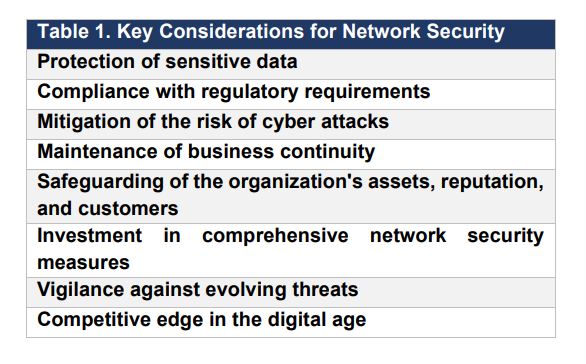A Comparative Analysis of Network Security Technologies for Small and Large Enterprises
Keywords:
Authentication, Encryption, Firewall, Intrusion Prevention System, Virtual Private NetworkAbstract
This study aimed to analyze the opportunities and limitations of network security technologies for small and large enterprises. To achieve this, we conducted a thorough review of the literature and identified eight commonly used network security technologies: firewall, antivirus software, virtual private network (VPN), two-factor authentication, intrusion prevention system (IPS), security information and event management (SIEM), data loss prevention (DLP), and encryption. The findings of our study indicate that each of these technologies has its own set of opportunities and limitations that need to be considered when selecting and implementing them. Firewalls and antivirus software are cost-effective and widely available, making them popular choices for small enterprises. However, they only provide basic security functions and may not be effective against advanced threats. VPNs are effective in providing secure remote access, but they can be expensive to implement and maintain, especially for small businesses. Two-factor authentication provides an additional layer of security, but it can be inconvenient for users and may require additional hardware or software. IPS offers advanced security features, but it can be expensive to implement and requires skilled professionals to manage. SIEM provides a comprehensive view of network security, but it can be complex to implement and generate a large volume of alerts and logs. DLP can identify and protect sensitive data, but it can be expensive and complex to configure. Encryption provides a strong level of data protection, but it can impact system performance and requires careful key management. This study highlights the need for small and large enterprises to carefully consider the opportunities and limitations of network security technologies before selecting and implementing them. Moreover, it emphasizes the importance of having skilled professionals to configure and manage these technologies effectively. By doing so, enterprises can enhance their network security and mitigate the risk of cyber-attacks.

Downloads
Published
How to Cite
Issue
Section
License
Copyright (c) 2019 International Journal of Business Intelligence and Big Data Analytics

This work is licensed under a Creative Commons Attribution-NonCommercial 4.0 International License.
